We live in an era where understanding global dynamics and actively participating in the international community are essential. For high school students, the opportunity to participate in the Model United Nations (MUN) and the Model European Parliament (MEP) represents a key to accessing an education that goes beyond the confines of the classroom. The European People Cultural Association is committed daily to raising awareness among new generations of social, civil and democratic values and, in addition, contributes substantially to improving the quality of education, as well as goal 4 of the UN Agenda 2030. In this article, we will explore the importance of these simulation experiences for intellectual growth and the formation of aware citizens.
The Model United Nations (MUN)
Model United Nations is a unique educational experience that allows young people to take on the role of delegates from United Nations member countries. Through simulated debates, negotiations, and global crisis resolution, participants gain a practical understanding of international issues. This experience not only enriches students' knowledge of complex issues but also develops research, negotiation, and problem-solving skills.
Participating in a MUN goes beyond memorizing facts. Students are challenged to understand different perspectives, develop creative solutions, and collaborate with delegates from diverse cultural backgrounds. This intercultural dimension is essential to developing global citizens who understand the importance of international cooperation in solving global problems.
European People organizes every year the National High School Model United Nations , a simulation of the United Nations involving high school students from all over the world, organized in collaboration with IMUNA , an affiliated body in collaboration with the United Nations.
The Model European Parliament (MEP)
The Model European Parliament (MEP) offers students the opportunity to simulate the legislative process of the European Union by taking on the role of Members of the European Parliament. This experience provides a practical understanding of parliamentary dynamics and European issues. Students learn to navigate complex debates, draft legislative proposals and cooperate with colleagues from different parts of Europe.
Participating in the MEP not only improves students’ language and speaking skills but also encourages them to develop a critical awareness of European issues. The simulation of parliamentary work brings them closer to the functioning of European institutions, making theory a tangible reality.
European People promotes every year simulations of the European Parliament called IMEP&SUN , which take place in the cities of Rome, Florence, Milan and Brussels. This experience has received the High Patronage of the European Parliament in each of its editions. Thanks to the experience and professionalism of the team, this simulation has a long history of success.
Impact on Education:
Both of these simulation experiences, MUN and MEP, have a profound impact on students’ education. In addition to improving their knowledge of global and European issues, these models promote the development of essential transversal skills. The ability to communicate effectively, work in teams, and adopt different perspectives are crucial skills in modern society.
Furthermore, involvement in these models fosters interest in international affairs and politics, encouraging young people to become active and informed citizens. These experiences serve as a bridge between academic theory and real-world practice, preparing students to address complex challenges with an informed and reflective approach.
In summary, Model United Nations and Model European Parliament offer high school students unique opportunities for personal and intellectual growth. Through participation in these simulation experiences, students gain in-depth knowledge, hone critical thinking skills, and prepare to become active citizens in an increasingly interconnected world. Investing in these programs not only enriches the educational journey but also helps shape a generation of young people who are aware and oriented towards positive change.



